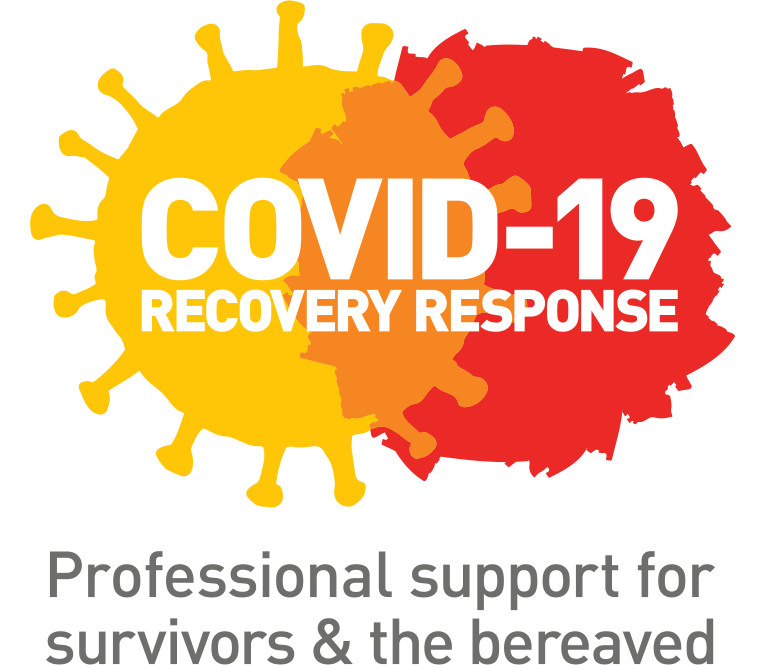Evidence suggests that, for a period of time following sepsis, some survivors can be more prone to developing further infections, and therefore have an increased risk of readmission with infective complications (including sepsis). These people may be at increased risk of severe illness if they acquire COVID-19. If, since your illness with sepsis, you have been well and not experienced repeated infections or problems with your immunity then the impact of a COVID-19 infection is likely to be same the same of the majority of the population – in other words, a relatively mild illness. Here is a link to current Government guidance for people in England – GOV – Staying alert, safe and social distancing including those people who may be clinically vulnerable.
Some people are defined on medical grounds as being extremely clinically vulnerable and are at very high risk of severe illness from COVID-19. Further ‘shielding’ advice for this group and who falls into this category can be found here – GOV – Guidance on shielding. These people should have been contacted by NHS England to tell them they are clinically extremely vulnerable. If you’re concerned, you should discuss this with your GP or hospital clinician.
Close
As with every major public health crisis, misinformation and fear run rampant. The importance of fact-based information is tantamount. To this end, we would like to provide the following answer to the question of whether COVID-19 can cause sepsis. The answer is a qualified “YES.”
The presently accepted lay definition of sepsis is a life-threatening condition that arises when the body’s response to infection injures its own tissues and organs. From information presently available on clinical cases of COVID-19, it appears that a percentage of COVID-19 infections can result in such organ failure, meaning that some people develop kidney failure or shock rather than only respiratory failure.
At this time it remains vital to be aware and monitor for any deterioration in your own (or another adult’s) condition. If self-isolating or not, and you (or another adult) develop any of the following symptoms in the context of infection then it is essential to seek urgent medical help:
Slurred speech or confusion
Extreme shivering or muscle pain
Passing no urine (in a day)
Severe breathlessness*
It feels like you’re going to die
Skin mottled or discoloured
*It’s important to note that breathlessness, cough and fever are common findings in people with COVID-19. We would suggest that at this time you seek help based on severe breathlessness ONLY if you find that you (or another adult) are very short of breath at rest, are breathing very rapidly (more than one breath every 2 seconds), cannot say more than 2-3 words at a time or notice a bluish discolouration of the lips, fingers or toes.
Close
Further guidance, preventative measures, what to do if you suspect you have COVID-19 and how to maintain your wellbeing can be found at the following links:
https://www.gov.uk/coronavirus
https://www.nhs.uk/conditions/coronavirus-covid-19/
https://www.nhs.uk/oneyou/every-mind-matters/
Close
